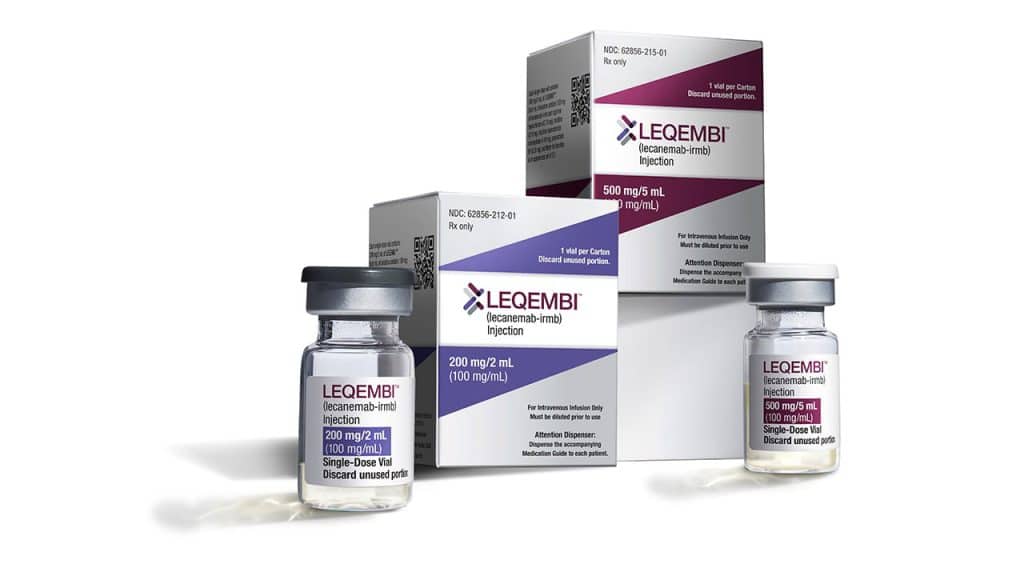We all know the longevity industry is growing. Companies and investors are spending a lot of money to try to find new ways to tackle the diseases and problems of aging. All that money means nothing without some kind of return. That means scientists and CEOs alike will be happy to hear that the FDA has granted traditional approval to a new Alzheimer’s drug that will be known as Leqembi (https://longevity.technology/news/fda-approves-novel-alzheimers-treatment/).
Leqembi is the brand name; the original identifier is Lecanemab. It’s the first-ever amyloid beta-directed antibody to be converted to traditional approval after going through the accelerated process. That’s a significant step. The accelerated process is how the FDA approves drugs when there’s an urgent medical need that hasn’t been met, but there still needs to be clinical support.
Approving and converting Leqembi involved what’s known as a confirmatory study, a type of clinical trial. Study 301 (CLARITY AD) was a phase 3 trial involving 1795 participants, all with mild cognitive impairment or early-stage Alzheimer’s, known as mild dementia. To ensure best practice, the study was randomized, double blind and placebo controlled.
After 18 months, the Clinical Dementia Rating Scale Sum of Boxes score, the Alzheimer’s Disease Assessment Scale Cognitive Subscale 14, and the Alzheimer’s Disease Cooperative Study-Activities of Daily Living Scale for Mild Cognitive Impairment all showed statistically significant cognitive benefits for participants taking Leqembi as opposed to the placebo.
The Peripheral and Central Nervous System Drugs Advisory Committee met to discuss the study’s results and agreed that Leqembi had clinical benefits that would justify its approval. That’s good news for its developers, Biogen in the US, a biotech firm, and partner Eisai, a pharmaceutical company from Japan.
Alzheimer’s is a complicated disease that we still don’t fully understand, but one aspect of its pathophysiology is what are known as amyloid plaques, excess protein deposits in the brain that interfere with cell function and are associated with neurodegeneration. Leqembi appears to be able to reduce these plaques.
There are some possible side effects of Leqembi, including headaches, swelling, reactions to the infusion or amyloid-related imaging abnormalities. People who are hypersensitive to the ingredients should not use the drug.
For people for whom Leqembi isn’t contraindicated and who do not have adverse reactions, the FDA is saying that this groundbreaking medication may be an effective treatment for mild cognitive impairment or early-stage Alzheimer’s.




